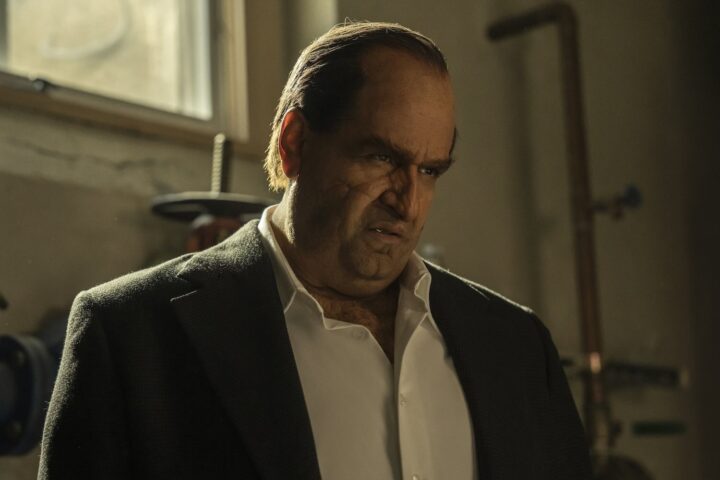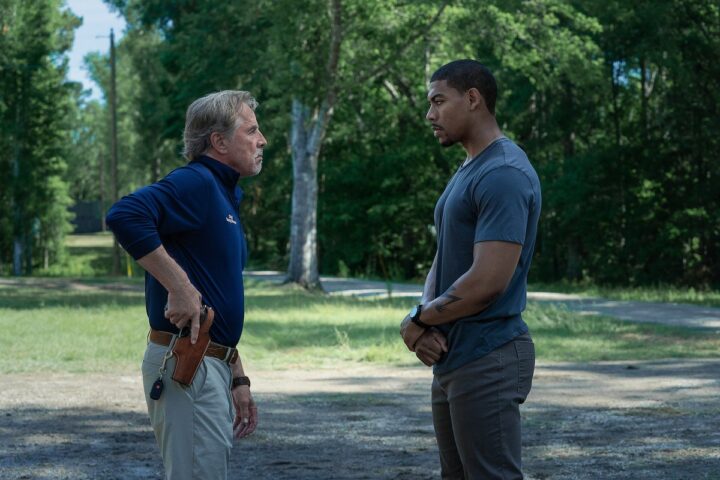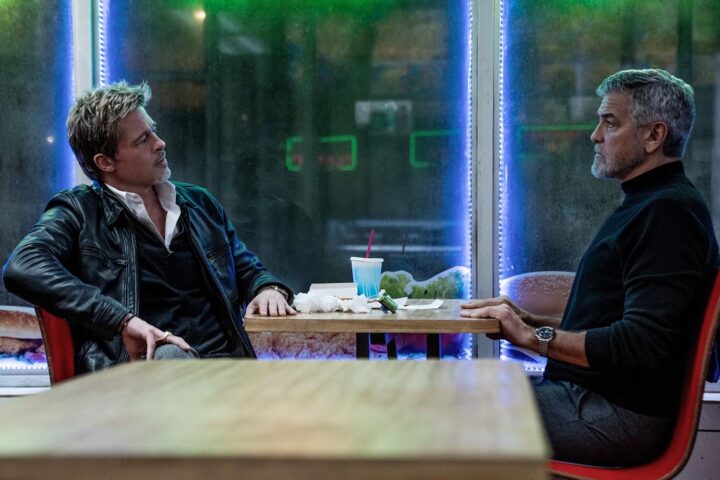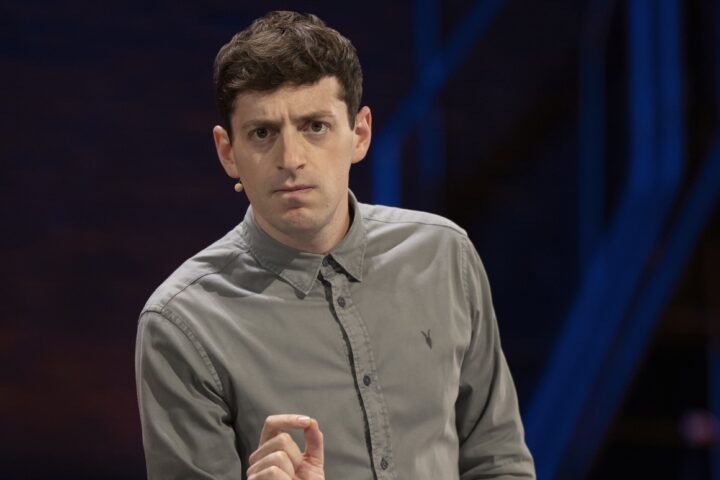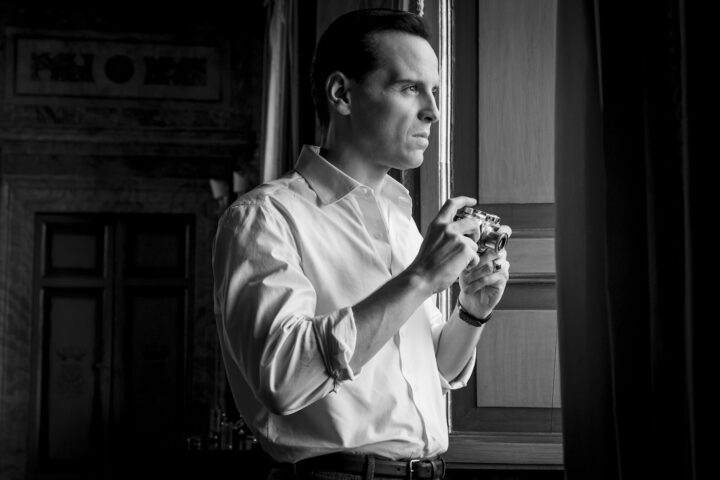Private Investigator John Sugar (Colin Farrell) wears a black suit for all occasions and never drives anything but his classic Corvette. He’s unflappably calm, prefers to listen rather than talk, and absolutely doesn’t know how to let a case go once he’s started working on it—especially if it involves a missing woman. Watching Sugar, it’s as if one of Humphrey Bogart or Glenn Ford’s hardboiled gumshoes stepped straight out of their smoky, monochrome realm and into our full-color world of smartphones and social media.
Though Sugar is set in modern-day L.A., the series finds him tasked with a case suited to his anachronistic sensibilities. In fact, it’s one cribbed straight from The Big Sleep: A rich, reclusive movie producer, Jonathan Siegel (James Cromwell), hires Sugar to track down his wild-child granddaughter, Olivia (Sydney Chandler). And more similarities to the Raymond Chandler novel (and Howard Hawks film) crop up as well, including salacious photographs, family secrets, and dead bodies with a habit of disappearing as soon as you take your eyes off them.
Sugar is very big on this sort of intertextuality. It turns out that its protagonist really does model himself on the PIs of the silver screen. Sugar is a major film buff with a particular love for Hollywood’s Golden Age. He seems particularly drawn to noirs and westerns, black-and-white stories that deal in moral gray areas and feature lonely men searching for some sort of justice. The series even splices in little fragments from these movies, often mirroring Sugar’s actions, which is a stylish way to tell us exactly who our hero is, or at least who he’s trying to be.
Sugar also knows how to deliver a compelling mystery of its own. Each step of the case introduces Sugar to another intriguing character, from the members of the Siegel clan to a retired rocker, Melanie Mackie (Amy Ryan), with whom Sugar strikes up a tender, quasi-romantic connection. Every encounter reveals a new aspect to the case, expanding the mystery over the course of eight episodes. Like Sugar, we’re always right on the brink of figuring it out.
The most dangerous moment for a detective in this kind of tale is the one where they think they’ve cracked the case. That’s when the story is sure to pull the rug out from underneath them with a revelation that turns the whole thing upside-down, and Sugar delivers on that front too. Things tick along nicely only for the series to lurch forward unexpectedly, dropping climactic showdowns and major reveals mid-season, leaving us scratching our heads about where things are heading. Sugar is a beautifully paced series, allowing us to get comfortable in the familiar rhythms of a detective show just so it can then completely wrongfoot us.
The epitome of this comes at the very end of a later episode when Sugar springs a plot twist that changes the game completely. It’s the sort of wild left turn that alters the reality of the series, along with its genre register. It shouldn’t work—and perhaps it won’t for some viewers—but it’s the sort of big swing that you can’t help but admire. And by adding a single piece of information that radically recontextualizes so much of what’s occurred up to this point, the series leaves the audience to comb back through the previous episodes where so many little details and innocuous lines of dialogue now take on a totally different meaning.
Farrell has been continually reinventing himself in recent years, burying his good looks under prosthetics and peculiar moustaches or flattening his movie-star charms to fit into the deadpan worlds of films like Yorgos Lanthimos’s The Lobster and The Killing of a Sacred Deer. His character in Sugar is a fascinating creation, devoid of machismo but possessed of a kind of unflappable calm that makes him functionally impossible to intimidate.
Despite the detective’s extreme intelligence, he’s also a little reminiscent of Farrell’s character from The Banshees of Inisherin. He looks out on the world with the same sweet, sad expression, lamenting all the dark things his work turns up and wishing everyone could act a little nicer. “I don’t like hurting people,” he says in the show’s very first scene. The fact that he then goes on effortlessly beat an armed man into submission doesn’t make this any less true.
This aspect might be the source of Sugar’s real magic: There’s a fascinating sense of grace to both the lead character and the series itself, even as the plot drags them toward uglier and more violent places. Sugar humanizes its villains without ever losing sight of their villainy and gives us a hero who fully deserves his place alongside the likes of Philip Marlowe and Sam Spade.
Since 2001, we've brought you uncompromising, candid takes on the world of film, music, television, video games, theater, and more. Independently owned and operated publications like Slant have been hit hard in recent years, but we’re committed to keeping our content free and accessible—meaning no paywalls or fees.
If you like what we do, please consider subscribing to our Patreon or making a donation.


